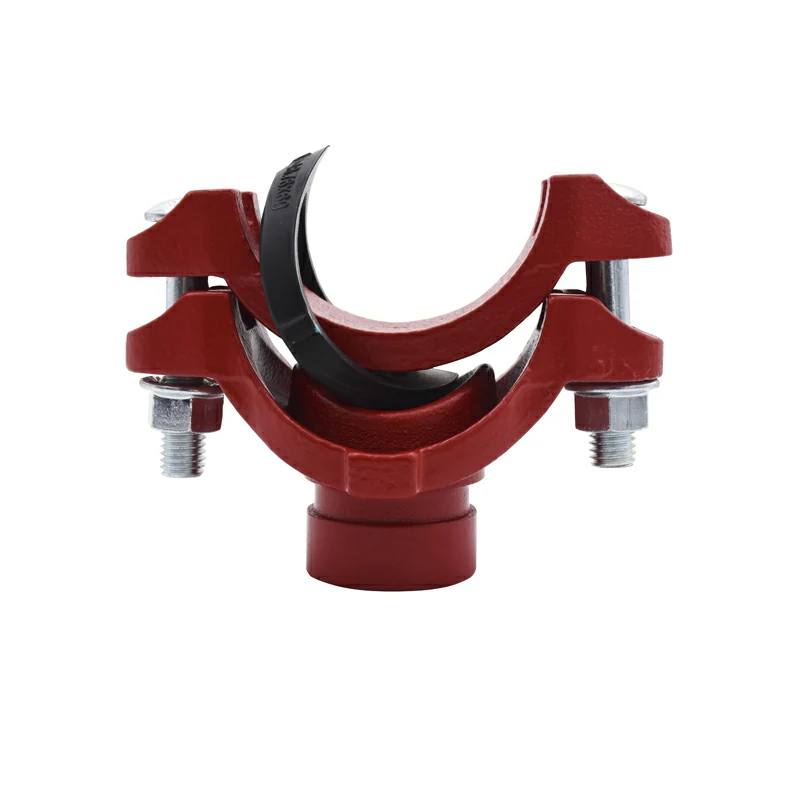While mechanical tees offer several advantages in piping systems, there are also potential drawbacks to consider.
Some of these drawbacks include:
- Cost: Mechanical tees can be more expensive than traditional welded tees or other types of fittings. The initial cost of purchasing mechanical tees and the required equipment for installation may be higher, which can impact project budgets.
- Complexity of installation: Installing mechanical tees requires specific tools and equipment, such as grooving machines or press tools, which may not be readily available or familiar to all installers. The installation process may also be more complex and time-consuming compared to welding or threading fittings.
- Dependence on manufacturer compatibility: Mechanical tees rely on standardized grooving or press-fit systems, which means that components from different manufacturers may not always be compatible. This can limit options for sourcing components and may require sticking to a single manufacturer for compatibility.
- Potential for leaks: While mechanical tees are designed to create reliable connections, there is still a risk of leaks if the installation is not performed correctly or if the components are damaged or improperly aligned. mechanical tee detail Proper training and adherence to installation procedures are essential to minimize the risk of leaks.
- Limited range of sizes and configurations: Mechanical tees may not be available in as wide a range of sizes and configurations as traditional welded or threaded fittings. This can limit their applicability in certain piping systems or require additional fittings to accommodate specific requirements.
- Susceptibility to damage: Mechanical tees rely on mechanical connections rather than welded joints, which can be more susceptible to damage from external forces or environmental factors. Care must be taken to protect the tees from damage during handling, transportation, and installation.
- Maintenance requirements: While mechanical tees generally require less maintenance than welded or threaded fittings, they may still require periodic inspection and maintenance to ensure proper function and prevent leaks or failures.
Overall, while mechanical tees offer benefits such as ease of installation, versatility, and reduced labor costs, it’s essential to weigh these advantages against potential drawbacks and consider the specific requirements of the piping system before choosing mechanical tees for a project.
